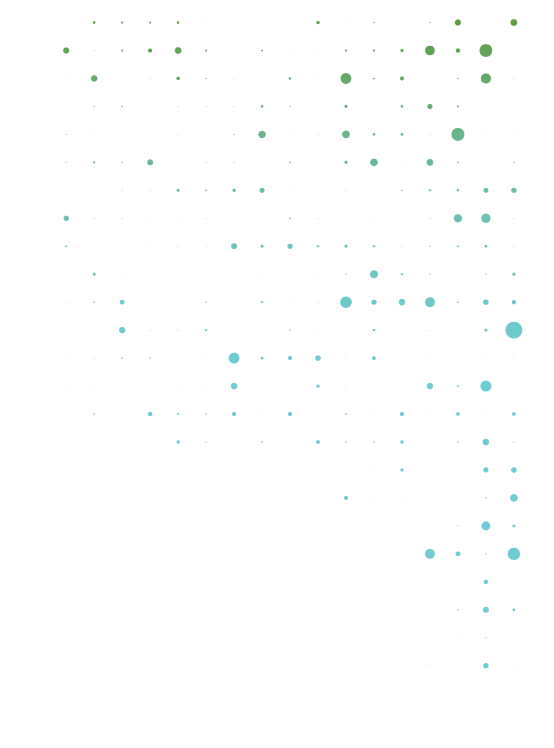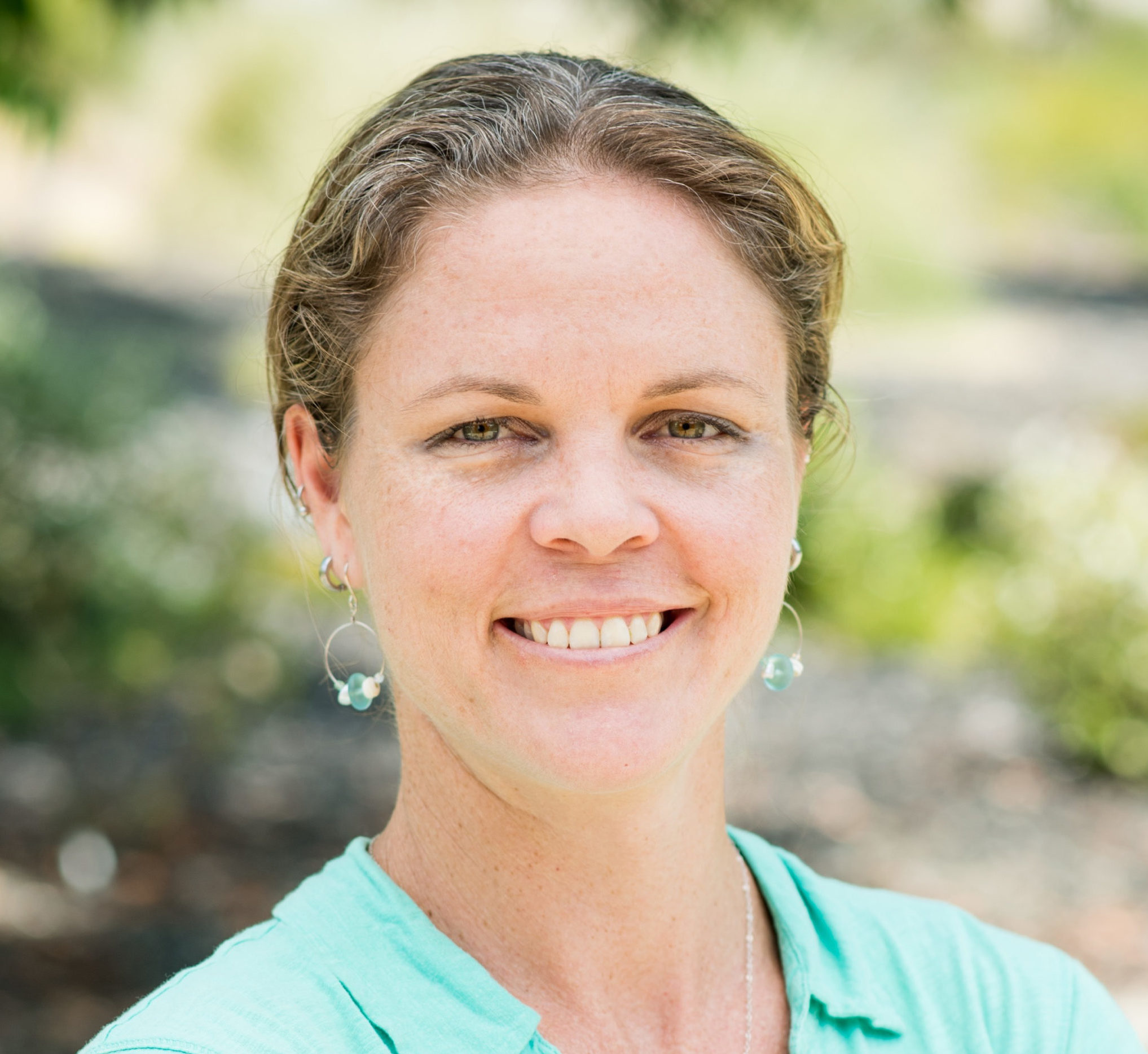
MICROnet ⏤ Microbiomes In Computational Research Opportunities Network
Building an open microbiome educators community trained and resourced to help students ask important science questions while generating open and FAIR - findable, accessible, interoperable, and reusable microbiome data.


A network for microbiome education & training
Mission: Support a community of educators and integrate scientific training designed to support an upcoming workforce prepared to answer real questions; empower the next generation of researchers to participate in open microbiome science, and welcome perspectives in order to increase our capacity at addressing the grand challenges of the future.
Current support – RCN-UBE: Microbiomes in Computational Research Opportunities Network (MICROnet) [# 2418285]
Interested in participating? Click here to let us know!
Join MICROnet for a half day workshop at ASM Conference for Undergraduate Educators in San Antonio on November 21! Sign-up during conference registration.
Microbiome Workforce Development Program
An open, accessible, and modular scientific method workflow that is standardized and reproducible, and ready to integrate into existing microbiology and bioinformatics courses.
 The five Microbiome Workforce Development Modules, which include the following: 1 – Research question and hypothesis development, 2 – Experimental design and sample metadata, 3 – sample collection and processing, 4 – Data analysis in KBase, and 5 – Conclusions and publishing.
The five Microbiome Workforce Development Modules, which include the following: 1 – Research question and hypothesis development, 2 – Experimental design and sample metadata, 3 – sample collection and processing, 4 – Data analysis in KBase, and 5 – Conclusions and publishing.
Module 1: Research Question & Hypothesis Development
Developing hypothesis with students to answer relevant, place-based microbiome research questions.
Module 2: Experimental Design & Environmental Metadata
Incorporating standardized environmental metadata into experimental design and sample collections.
Module 3: Sample Collection & Processing
Standardized protocols for collecting samples, processing samples, and accessing publicly available data or samples through the National Ecological Observatory Network.
Module 4: Data Analysis
Using KBase Teaching Narratives to analyze data with open access software and compute power. Narrative workflows developed through the KBase Educators Program.
Module 5: Conclusions & Publishing
Getting students and instructors credit for contributions to microbiome science through data publications.
Promoting Microbiome Workforce Development with KBase – MRA Collection
Through the current support [NSF award # 2418285], MICROnet facilitates workshops for new Regional Hubs to train instructors, introduce program materials, and connect community members.
RCN-UBE Steering Committee
Proposal Leads

Contributions:
- Research Question & Hypothesis Development Module Working Group
- Microbiome Workforce Development Steering Committee
- KBase Educators Publication Writing Group
- Genomics Workflow Working Group

Contributions:
- Sampling & Sample Processing Module Working Group
- Microbiome Workforce Development Steering Committee
- KBase Educators Publication Writing Group
- Pangenome Workflow Working Group

Contributions:
- Spring 2024 Pilot
- Microbiome Workforce Development Steering Committee

Contributions
- Experimental Design & Environmental Metadata Module Working Group
- Microbiome Workforce Development Steering Committee

Contributions:
- Data Analysis & Publishing Working Group
- Microbiome Workforce Development Steering Committee

Contributions:
- Experimental Design & Environmental Metadata Module Working Group
- Microbiome Workforce Development Steering Committee

Contributions:
- Sampling & Sample Processing Module Working Group
- Microbiome Workforce Development Steering Committee
- KBase Educators Publication Writing Group
- Phylogenetics Workflow Working Group

Contributions:
- Sampling & Sample Processing Module Working Group
- Microbiome Workforce Development Steering Committee

Contributions:
- Research Question & Hypothesis Development Module Working Group
- Microbiome Workforce Development Steering Committee

Ellen G. Dow, Ph.D. leads the KBase Educators Program as part of the User Engagement team. Inspired by her involvement in science outreach throughout graduate school, she left the bench to gain experience in informal education and cultivate community engagement from public to science sectors. A molecular biologist by training, Ellen applies her research experience to support emerging scientists and co-developing community resources.

Elisha M Wood-Charlson is KBase’s User Engagement Lead. She has a PhD and 10+ years of experience as a microbial ecologist focused on host-microbe-virus interactions in the marine environment. Since leaving the research bench, she has moved into the realm of scientific community engagement, with the goal of making microbiome data science more efficient through effective collaboration, building trust in online communities, and developing shared ownership throughout the scientific process.

Adam is an expert in the comparative systems and synthetic biology of microbes and is dedicated to a model-driven approach to experimental science. He is a senior faculty scientist in the Environmental Genomics and Systems Biology Division at the Lawrence Berkeley National Laboratory and he is the Dean A. Richard Newton Memorial Professor of Bioengineering at the University of California, Berkeley where he has been since 1998. He is Technical Co-Manager of the ENIGMA SFA and directs the Center for Utilization of Biological Engineering in Space. He was one of six recipients of the 2013 Ernest Orlando Lawrence Award, the Department of Energy’s highest scientific honor.
Collaborators

